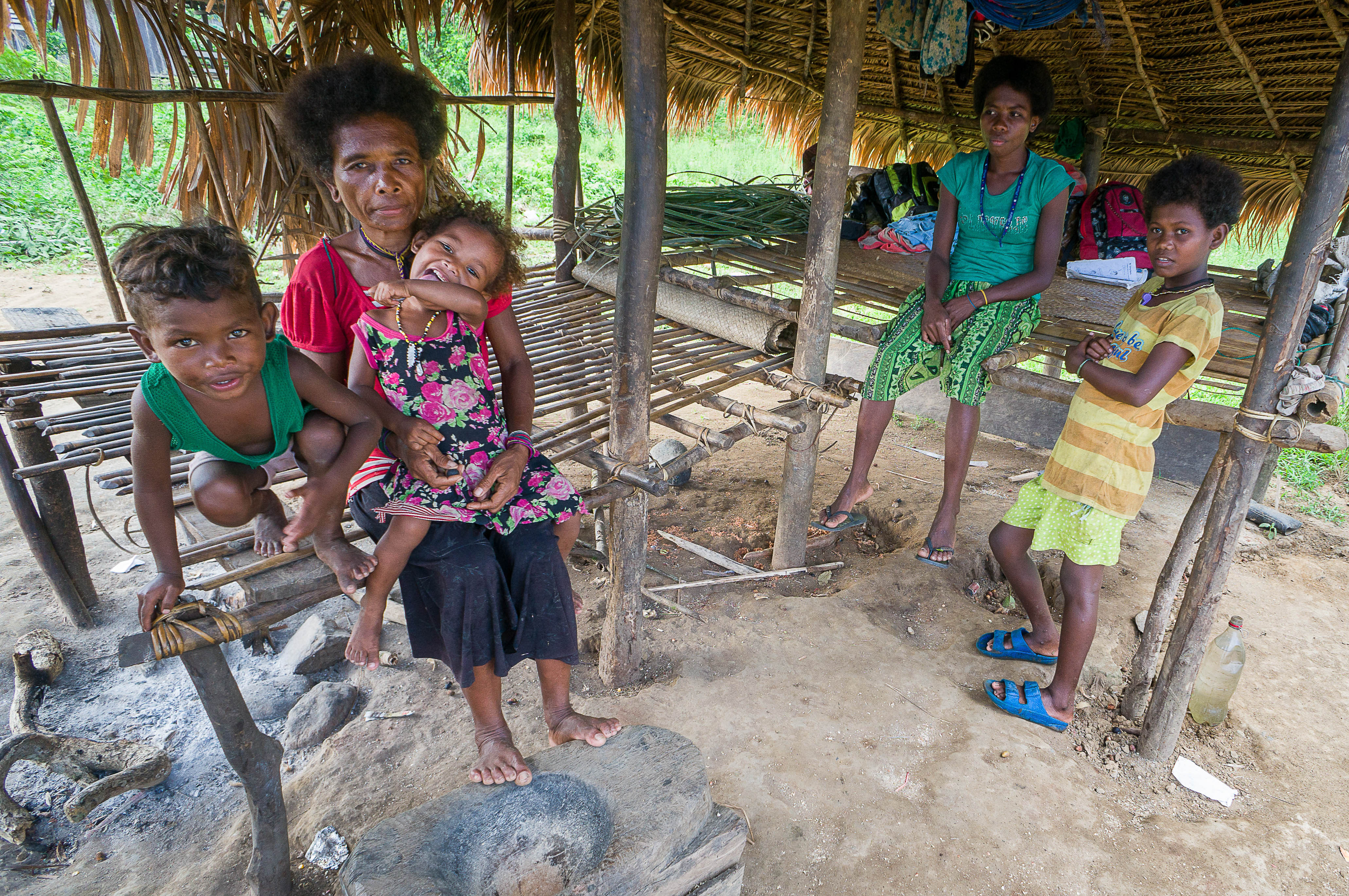Cooperative childrearing, health and livelihood change in the Agta hunter-gatherers
Status: Completed
PhD in Biologcal Anthropology at UCL
Collaborators: Sylvain Viguier (Graphcore, London), Mark Dyble (UCL), Daniel Smith (Bristol), Andrea Migliano (Zürich), Lucio Vinicius (Zürich), Ruth Mace (UCL), Deniz Salali (UCL), Nikhil Chaudhary (Cambridge), Mark Thomas (UCL)
Funding: The Leverhulme Trust
My PhD was part of the Hunter-gatherers Resilience Project at UCL which studied hunter-gatherers in Congo (Mbendjele), Malaysia(Batek), Thailand (Maniq) and the Philippines (Agta), using behavioural ecology, life history theory, theories of cooperation, cultural transmission and genetics to explore how variation in life history traits, kin selection, mate systems, cooperative behaviour, differentially contribute to hunter-gatherer resilience in the past, present and future. Working as a team of 6 PhD students (3 in the Philippines and 3 in the Congo) we collected a mountain of data on all spheres of life. This produced a large number of articles on cooperation, marriage systems, social organisation, aging, social networks and cumulative culture which can be found in my publications page.
My particular focus was on cooperative childrearing, and as part of my PhD alongside Sylvain Viguier, we collected over 700 hours of observations of Agta children. We closely observed all the children we could, their behaviour, who cared for them or supervised them, who they played with and where they were in and about camp. This amazing dataset has formed the basis of a number of research papers on parental investment, cooperative childcare and maternal workload, as well as more to come in the future.
Sylvain Viguier’s role in the project was to develop remote sensing devices to capture proximity social networks without infrastructure (given the remote locations where the Agta lived). These are called motes, which send beacons to one another at regular intervals to monitor who is in spatial proximity to who. We asked all camp members, men, women and children, to wear these motes for around a week to capture in-depth, but quick, snapshots into their social worlds as measured by proximity. The development of this methodology was a lot of fun, as well as being rather challenging at times, and it formed the basis on a number of papers on the Agta’s social networks, including my own on reproductive success and health, and other’s work on cumulative culture and multilevel social structure. To hear more about the motes, and these research projects see this short video.
Finally, thanks to additional funding from the UCL Graduate Fund and the Beacon Bursaries Public Engagement fund I was able to collect unique detailed data on the Agta’s health and wellbeing, and share this information with the Agta in an interactive workshop at the end of data collection. Working with local health care professionals, I conducted point-of-care red and white blood cells tests, recent medical histories, blood pressure, stool samples, TB tests and anthropometrics. Using this data I explored the relationship between livelihood change, health and demographics. The Agta are a diverse population who live in both mobile and settled camps, engaging in different amounts of fishing, foraging, wage labour and farming. I was particularly interested in finding out if, as predicted by epidemiological transition models, settled camps suffered from worse outcomes than mobile groups. In work published in PNAS, we found evidence of increased viral and helminthic infections in settled, compared to mobile groups, as well as high childhood mortality rates. However, households residing in the most permanent of camps ultimately had more children surviving to age 16 because they had significantly higher fertility, perhaps related to changes in maternal energetics. In an seperate publication, working with Tessa Minter, who has worked with the Agta for many years, we also explored ethnographic data on health and access to health care. We demonstrate that health outcomes worsen as sedentarisation progresses, despite some increases in medical access. We argue this is because the development paradigm is not evidence-based, but rather stems from an ideological dislike of mobile hunter-gatherer lifestyles. In a paper published in Social Science and Medicine we offer future short and long-term policy suggestions which seek to reduce the Agta’s vulnerability, rather than increase it.
My PhD thesis is now freely available via OSF Thesis Commons. Please cite as “Page, Abigail E. 2021. On Trade-offs and Communal Breeding the Behavioural Ecology of Agta Foragers. Thesis Commons. DOI:10.31237/osf.io/gv28h.”

Project link: https://www.migliano-resilience.com/about